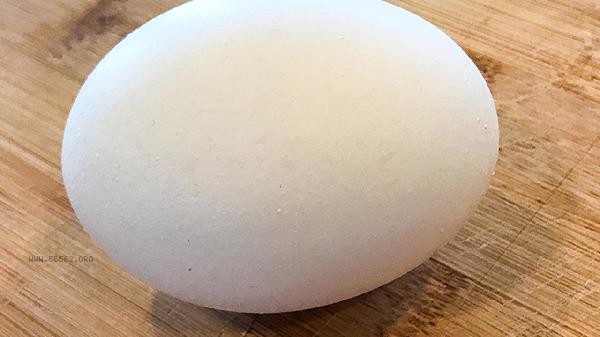Hot water boiled raw eggs can be consumed, but it is necessary to ensure that the eggs are fresh and the water temperature is high enough to reduce the risk of bacteria. Raw eggs may contain pathogenic microorganisms such as Salmonella. It is recommended to brew them with boiling water and stir thoroughly, or choose pasteurized eggs for safety.

Pour fresh eggs into a heat-resistant container, slowly pour in freshly boiled hot water and stir quickly to evenly heat the egg mixture. The water temperature needs to be maintained above 90 degrees Celsius for at least 1 minute to effectively kill bacteria. After brewing, a small amount of salt or sugar can be added for seasoning. The Egg&vegetable soup made by this method tastes smooth and tender, but some nutrients such as vitamin B may be lost due to high temperature. If regular eggs are used, the risk of Salmonella contamination still exists, and children, pregnant women, and immunocompromised individuals should avoid consumption. Eggshells may carry poultry manure pollutants, and the eggshells need to be thoroughly cleaned before brewing. Some people are sensitive to anti trypsin in raw eggs and may experience symptoms of indigestion. Eggs are rich in high-quality protein, lecithin, and vitamin A, but when eaten raw, the protein absorption rate is only about 50%. It is recommended to prioritize consumption methods such as boiled eggs and steamed eggs that are fully heated, which can ensure nutrient absorption and avoid safety risks. Eggs should be refrigerated for daily storage, and the eggshells should be checked for completeness and no cracks before cooking.











Comments (0)
Leave a Comment
No comments yet
Be the first to share your thoughts!